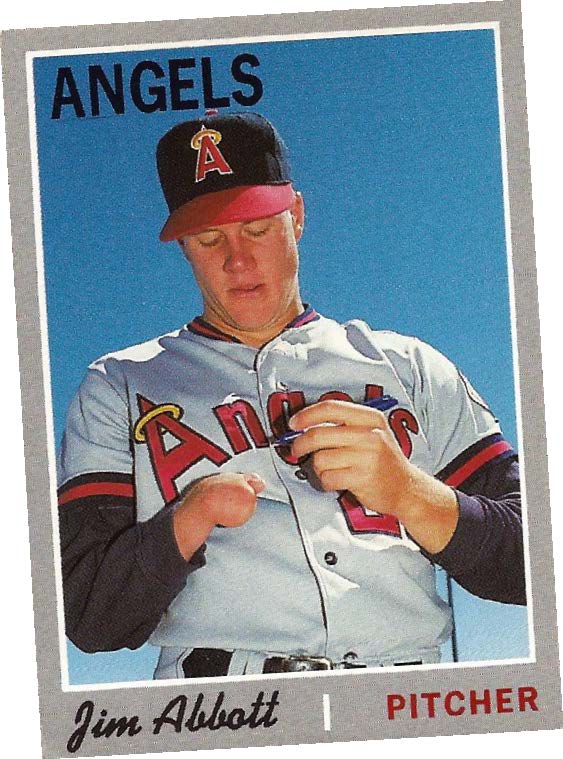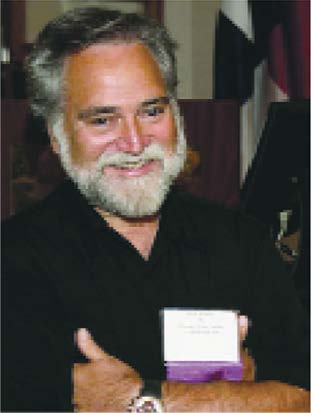RICK RADER, MD ■ EDITOR-IN-CHIEF
Injured, Disabled and Impaired
Injured, Disabled and Impaired The Vintage Base Ball Association is dedicated to upholding the highest standards of sportsmanship, gentlemanly behavior, courtesy, and respect for others.

ON TRACK: The Mountain City Base Ball Club of Chattanooga is part of the Tennessee Association of Vintage Base Ball.
This past Sunday in the Scenic City was dial-in perfect. Perfect skies, perfect temperature, perfect day.
A perfect day for baseball… okay, perfect day for hot dogs, Cracker Jacks and peanuts. Talk about living in a baseball rich environment. It wasn't a matter of going to watch baseball, but rather "which" baseball.
The choices were plentiful. We could have gone to see the Atlanta Braves playing the Colorado Rockies. We could have gone downtown to watch our minor league Chattanooga Lookouts play the Biloxi Shuckers. We could have gone to watch the Chattanooga State Community College Tigers play against Dyeresburg State, or the University of Chattanooga-Chattanooga Mocs team play Kennesaw State. If that wasn't enough, we could have watched several games in the Miracle League, or the Dream League. We had to include an abundance of corporate leagues. We could have opted to see the big game between the Moon Pie bakery and their cross-town rivals, The Little Debbie Cake Factory. One would hope there would be plenty of samples near the dugouts.
Too many choices for sure. It was certainly a case study for the 2004 book by psychologist Barry Schwartz, The Paradox of Choice – Why More Is Less. Schwartz argued that eliminating choices can greatly reduce anxiety.
We made a decision, and the choice we made was definitely an out-of-the box (as in batter's box) choice. We went to see the Mountain City Baseball Club play against the Cumberlanders. Actually, it was a three-game bonanza. We also had more choices; we could have seen the Nashville Maroons play against the Chattanooga Lightfoots, and then the Franklin Farriers test their skills against the dominating Highland Rim Distillers.
We decided to check out "vintage baseball" with the Tennessee Association of Vintage Baseball. Baseball has been around for a while, and there are hundreds of devotees who seem to think the best of the game was at the beginning of the game. The Vintage Base Ball Association was formed on February 11, 1996, when delegates from 13 clubs representing five states assembled in Columbus, Ohio. According to the Association, "Their goal was to commemorate the 150th anniversary of the first recorded baseball match between organized teams. Using the National Association of Base Ball Players (c. 1858) as a model, the delegates formed the Vintage Base Ball Association." The Tennessee contingent is part of the larger vintage baseball association. Whoever said, "You can't go home again" never went to a vintage baseball game. It's played in accordance with the rules, equipment, uniforms, field specifications, customs, practices, language and behavioral norms of the period. They don't use gloves and can declare an "out" by either catching a fly ball or grabbing it on one bounce. No umpires were used; instead they had an "arbitrator." No balls and strikes either, as the arbitrator decides if the pitcher has thrown enough balls. The ball is pitched underhanded. They are dedicated to upholding the highest standards of sportsmanship, gentlemanly behavior, courtesy, and respect for others. These supposedly and hopefully characterized the Knickerbocker Base Ball Club, established September 23, 1845. The Assoc-iation uses the rules from 1864.
As if these were warriors using a "nom de guerre," the players adopt "period names," and it's not unusual for team members to not know the real names of team members for years. We were rooting for the home team, Mountain City baseball sluggers, especially Faust, Scoops, Slim, Sticky Fingers, Moonshine, Pops, Peach and Schoolboy.
In the bottom of the fourth Moonshine was sliding into third and crashed into Skeeter, the third baseman of the Nashville Cumberlanders. Both players got up slowly and we held our breath as we watched Moonshine limp off the field.
The arbitrator announced to the crowds, "Let's show our support to Moonshine who has received an impairment from enthusiastic but fair play." The crowd gave Moonshine a well-deserved round of applause.
With Moonshine out with an "impairment," the Coach of the Mountain City team pointed to Slim, who hustled out to take Moonshine's place. Hence, the concept of fair play was initiated. It was acknowledged that it was unfair for one team to be a player short because they were "impaired."
The concept of placing players on a "disabled list" was first initiated in 1915. According to sports writer Jacob Bogage, "At that time, team rosters held only 21 players, which, when injuries mounted, forced some players back into action before they were healthy. This allowed players to sit out but retain their roster spot – and, crucially, their salaries – for ten days."
Earlier this year Major League Baseball renamed the "disabled list" to the "injured list." Jeff Pfeifer, Major League Baseball's senior director of league economics and operations, explained in a memo to the teams, "The principal concern is that using the term disabled for players who are injured supports the misconception that people with disabilities are injured and therefore are not able to participate or compete in sports."

PERFECT EXAMPLE: Jim Abbott played for ten seasons in the Majors despite having been born without a right hand. As a member of the Yankees, he threw a nohitter against the Cleveland Indians in 1993.
The move was encouraged and requested by several disability rights organizations. The concept of having a "disabled list" for injured players has not been the exclusive domain of baseball. The National Basketball Association places injured players on the "inactive list," while the National Hockey League and the National Football League both have "injured reserve lists." The NFL also has a "physically unable to perform list."
F or the longest time, parents of children with special health care needs have been dealing with having their children placed on someone or other's "unable to perform list." Fifty years ago, the mother of Jim Abbott was told to get used to seeing her son's name on all sorts of lists that included the term "unable." Jim was born without a right hand. He played ten seasons (as a pitcher) in Major League Baseball for the California Angels, New York Yankees, Chicago White Sox and the Milwaukee Brewers.
According to the Society for American Baseball research, "When preparing to pitch the ball, Abbott would rest his mitt on the end of his right forearm. After releasing the ball, he would quickly slip his hand into the mitt, usually in time to field any balls that a two-handed pitcher would be able to field. Then he would secure the mitt between his right forearm and torso, slip his hand out of the mitt, and remove the ball from the mitt, usually in time to throw out the runner at first, or sometimes even start a double play. At all levels, teams tried to exploit his fielding disadvantage by repeatedly bunting to him."
Exceptional Parents have been in the "game" for decades. They are not intrigued or attracted to play by "the old rules." Those rules had stipulations that required labels, exclusions and "lists." It was virtually impossible for them to get to first base. Unable to wait for a reasonable pitch, they were forced to swing at every pitch, often with bats they could barely lift. Virtually every turn at bat resulted in either a strike out or a series of never-ending fouls. Few of them ever experienced the so called, "sweet spot."
While people with disabilities can become injured, they should never be considered "unable to play," "disabled," or "out of the game."
After the fifth inning, Moonshine returned to the game, and the Mountain City Club won 5-4. The Cracker Jacks remained stuck in my teeth for the rest of the day.•

ANCORA IMPARO In his 87th year, the artist Michelangelo (1475 -1564) is believed to have said "Ancora imparo" (I am still learning). Hence, the name for my monthly observations and comments. – Rick Rader, MD, Editor-in-Chief, EP Magazine Director, Morton J. Kent Habilitation Center Orange Grove Center, Chattanooga, TN